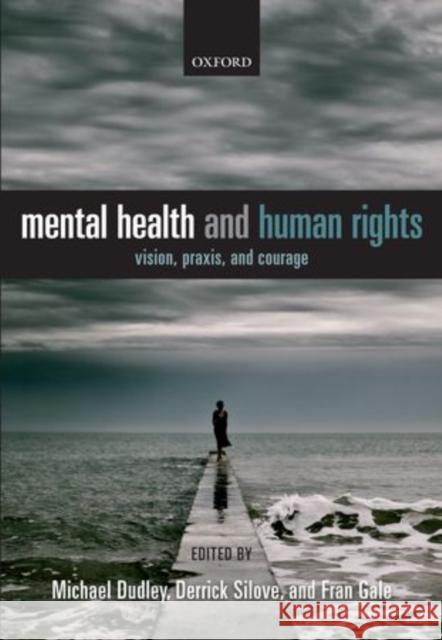Mental Health and Human Rights: Vision, Praxis, and Courage » książka
Mental Health and Human Rights: Vision, Praxis, and Courage
ISBN-13: 9780199213962 / Angielski / Twarda / 2012 / 704 str.
People with mental disorders often suffer the worst conditions of life - a problem exacerbated by social stigma. In practice, the international community still tends to prioritise human rights in a manner that largely ignores mental health, which in turn remains in the shadow of physical-health programs. In recent decades mental health and human rights have come to the fore as areas of practice, inquiry, national policy-making and shared international concern. Mental health now enjoys a new dignity in scholarship, international discussions and programs, mass-media coverage and political debate. Today's experts insist that it impacts on every aspect of health and human well-being, and so becomes essential to the achievement of human rights. It is remarkable therefore that the struggle for human rights over the past two centuries largely bypassed the plight of those with mental disabilities: this sector of the population has been excluded from the groups whose rights have received most attention. Mental health and human rights have achieved prominence independently with little focus on the connections between them. Until now, policy makers, the media, scholars, practitioners and client groups have largely failed to grapple with the essential interdependence between these two fields of endeavour, in spite of the humanitarian ideals that inform both. Even now, mental health is frequently absent from routine health and social policy-making and research, and from many global health initiatives - for example, the Millenium Development Goals. Though mental disorders are ubiquitous and profoundly disabling - not least when combined with poverty, mass trauma and social disruption, as in many poorer countries - they frequently go unnoticed and untreated. Even when they do attract attention, resources are typically scarce, inequitably distributed, and inefficiently deployed. Gradually though, global mental-health initiatives are acknowledging thei











